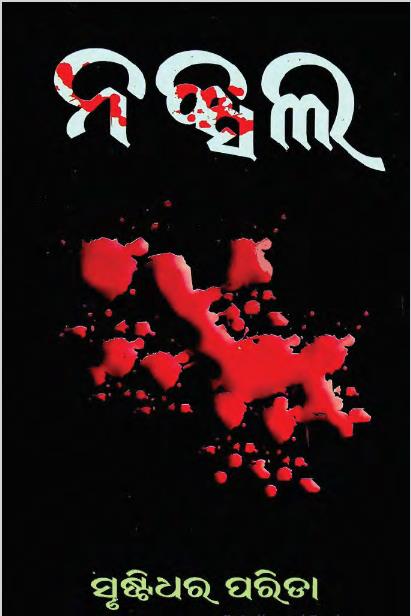In the realm of Odia literature, few works resonate with the socio-political intricacies of contemporary India as poignantly as Srustidhar Parida’s novel, Naksal, published in 2005. This novel not only offers a gripping narrative but also serves as a lens through which the complexities of Maoist insurgency, rural struggles, and the pursuit of justice can be examined. Parida, known for his compelling storytelling and deep understanding of societal issues, embarks on a journey that intertwines personal narratives with broader political themes, making Naksal a significant work in modern Odia literature.
At its core, Naksal delves into the lives of ordinary people affected by the Naxalite movement, a revolutionary wave that sought to address the inequalities entrenched within Indian society. Parida presents a cast of characters that embody the varied responses to the Naxal ideology; some are drawn to its promises of social equity and rights, while others face the grim realities of violence and disruption. Through their experiences, the novel highlights the dichotomy between aspiration and the harshness of reality, illustrating how politics can infiltrate the very fabric of daily life.
The narrative is rich with descriptions of rural landscapes, painted vividly by Parida’s lyrical prose. The villages come alive with their struggles—poverty, exploitation by landlords, and the crushing weight of bureaucratic indifference. Here, Parida does not merely depict the setting; he weaves it into the emotional tapestry of the characters’ lives, making the readers acutely aware of the impact of socio-political tensions. The scenery is not just a backdrop but a living entity that holds stories of resistance, despair, and hope.
One of the notable aspects of Naksal is its exploration of the psychological dimensions of its characters. Parida goes beyond caricatures of the revolutionary and the oppressor, offering a nuanced portrayal of motivations and moral dilemmas. Readers are invited to empathize with those embroiled in the conflict — be it the fervent revolutionary striving to instigate change or the common villager caught in the crossfire. The result is a complex moral landscape where right and wrong are not easily defined, urging readers to reflect on their own perceptions of justice and ethics.
Moreover, Parida’s novel serves as a critique of systemic failures that lead to disenfranchisement and violence. The socio-economic disparities between the urban elite and the rural underclass are laid bare, prompting discussions about the role of government and society in bridging these gaps. Through its characters, Naksal raises fundamental questions about the efficacy of political movements and the potential for transformative social change.
Books Info
| Books name | Naksal/ନକ୍ସଲ |
| Author | Srustidhar Parida |
| No Of pages | 125 |
| Publisher | Devashruti Publication |
| Publication | 2005 |
| Printed At | Devashruti Offset Printers |
| Distributor | NA |

